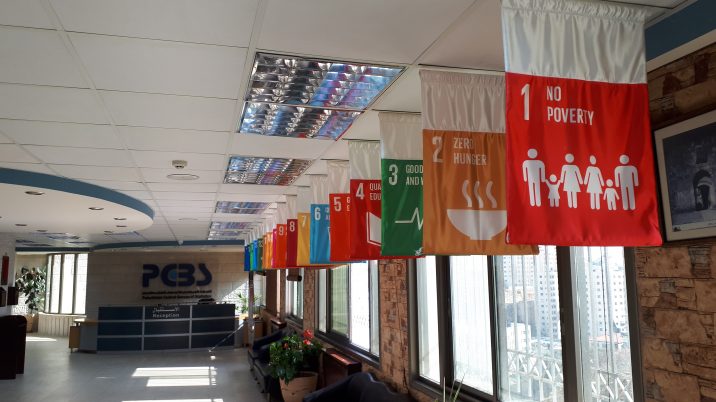Governance
Effective systems of governance are vital for sustainable development. Public goods and services need to be delivered to citizens in a way that contributes to inclusive growth and poverty reduction, by processes that are equitable and accountable.
Challenges to good governance are present across all levels of society, from government and public institutions to citizens and the media. Understanding and addressing these has become in recent times all the more difficult with the apparent closing of ‘civic space’ in many places, characterised by repressive laws, regulations and practices.
We work alongside our partners to help identify what works best in governance programming to help them strengthen the effectiveness and impact of their work. Through establishing MEL systems, conducting research, being a learning partner and through various types of evaluation, we help to ensure that decisions that impact lives are informed by learning and evidence.

DFID’s Action for Empowerment and Accountability (A4EA) research programme
Donors need quality evidence to say what works and what doesn’t to support the empowerment of citizens and hold governments...

Partnership to Engage, Reform and Learn (PERL) – Accountable, Responsive and Capable Government Pillar
Although Nigeria has made progress with socio-economic development in recent years, about 90 million people - roughly half...

Partnership to Engage, Reform and Learn (PERL) – Engaged Citizens
The Engaged Citizens pillar within PERL (Partnership to Engage, Reform and Learn) Nigeria supports citizens to engage more...

Monitoring and Evaluation of DFID’s Support to the Palestinian Authority through the Services, Stability and Reform Programme (SSRP)
Improving health, education and government reform efforts of the Palestinian Authority (PA) are critical to the UK...
Publications

Learning at the speed of trust – Learning Brief
This is the second and final Learning Brief which aims to share lessons with the wider advocacy community from an innovative...

Evolving anti-corruption programming amid COVID-19
Drawing from the efforts of implementing partners in adapting their strategies in the face of the COVID-19 pandemic, this...

Stamping out Slavery in Nigeria Programme and Evaluation
The UK FCDO-funded Stamping out Slavery in Nigeria (SoSiN) programme aims to improve the evidence base on modern slavery and...

UNHCR Country Portfolio Evaluation: Angola (2016-2019)
This report relates to an independent evaluation of the United Nations High Commission for Refugees (UNHCR) country operation...
Blogs and news

Itad’s work on measuring the effectiveness of development and diplomacy
Discover how we are helping governments monitor and manage diplomatic engagement to build peace and prevent conflict

Four points to inform successful youth employment strategies
Insights from our work highlights common issues for those working on Africa’s youth employment challenge – and raises...

Using realist evaluation to support evidence-based policy making
An innovative Itad evaluation generated valuable lessons on what works to build capacity for evidence-informed policy making,...

Learning at the speed of trust: building monitoring, evaluation and learning capacity
Learnings from an innovative programme providing flexible tailored support to meet six organisations ‘where they were’ to...

